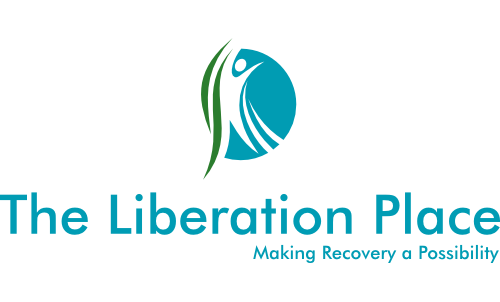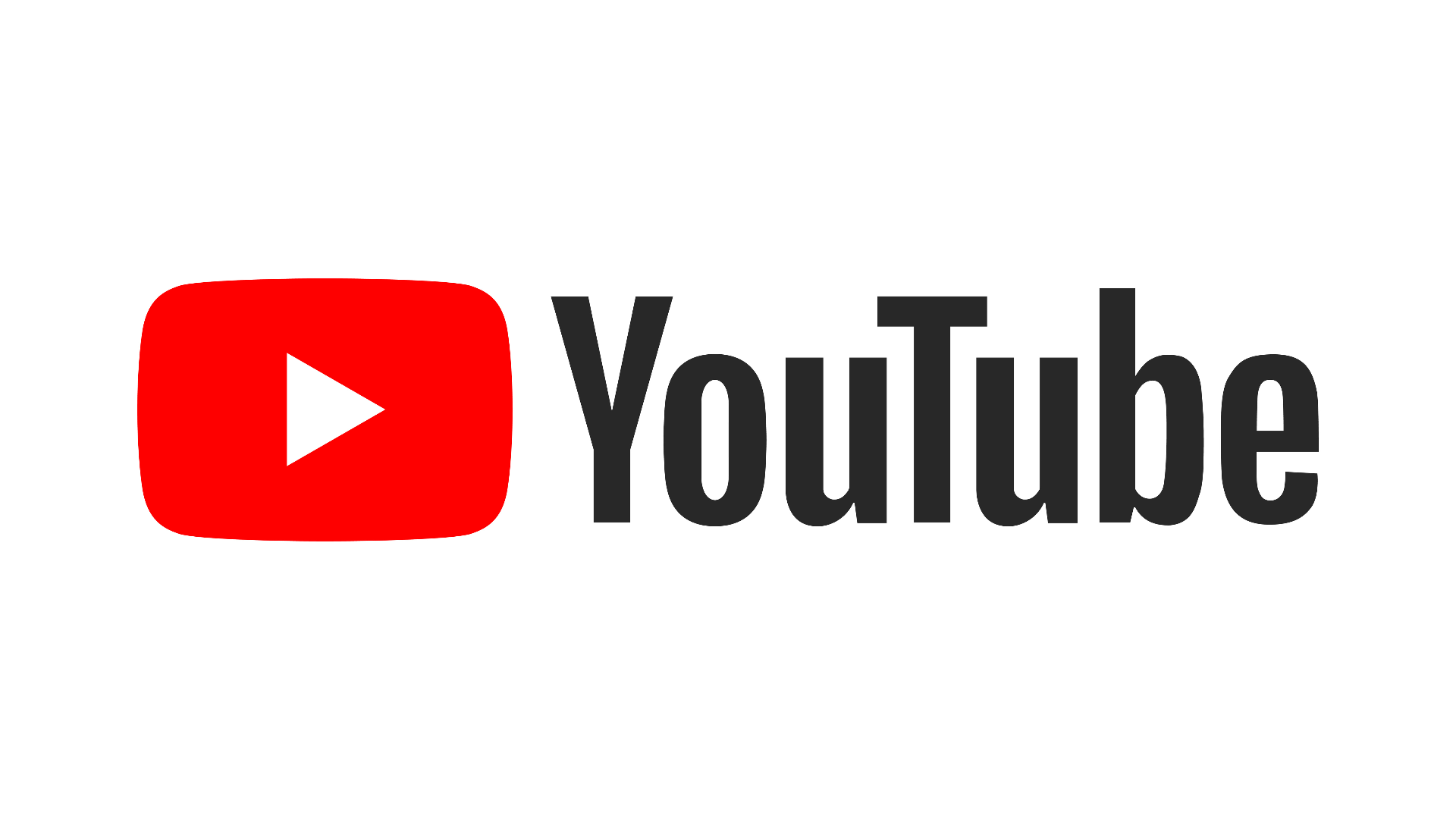Knowing is not doing
Knowledge of mindfulness and the activities that are involved in its application is one thing, actually implementing it as a practice into your daily routines to create new healthy habits is something else. The benefits of making these kinds of changes have been well researched and proven, over and over again, so many times that its almost impossible to count. When we want to start practicing something that we’ve never practiced before, its often not as easy as just flicking a switch and saying, “Ok I’m going to do this now!” It takes planning, and an ability to recognize our desire and motivation to take action. Insight and knowledge are wonderful things, and I guarantee if you read the books, complete the courses, and attend the groups, you will have many “aha moments” that will provide these things for you. However, without action behind them, they are literally just like words on a page, there is no tangible benefit you will get from the words themselves.
As you will continually hear me repeat, over and over again, throughout my videos, anything I write, and in the groups I facilitate every week, if you want to make changes, You have to take action. To do this, there are three things you need to know. First, make sure you are able, capable, and willing to do the work required to make the changes. Whether you are able and capable is an easy question to answer. Do you have the time, the mental and physical capacity, is it something that people can actually achieve, and do you have the skills to do it? If the answer to the latter is no, don’t worry, you can always develop the skills you need.
When it comes to your individual willingness, there isn’t too much that anyone else can do about that. This is something only you can know what your true thoughts and feelings are for sure. For example, if you're attending my groups or working with me individually, I can guide you, help you see the benefits of change, but if there’s a part of your personality that isn’t willing to take any action, then change will be hard until we work with the reasons this part is digging its heels in. This means building Self-awareness, getting to know the part of you that, for whatever reason, just doesn't want to do the work. Eventually this will hopefully lead to re-educating this part so that it can see things differently on this particular subject.
"I was personally trapped in the lifestyle of addictive, compulsive, and obsessive coping mechanisms for years."
~Steven Morris RP.
Willingness is the opposite of wilfulness, and in many cases, this is the reason people don’t take action. Even though they know that the actions would be beneficial, they are not willing to take them for a variety of different reasons. The majority of the time this is wrapped up in some sort of fear of what will happen if we fail, so unfortunately, recognizing your own personal willingness to do the work is completely down to you and your ability to know yourself. If you learn to look within by practicing what we discuss in group, or in any of the videos and classes that are coming your way, you will begin to notice if there is a part of you that has the opinion that you don’t have to, don’t want to, or don’t need to do something, and believe me, we can always find ways to work with parts that see the world this way. I personally came across an extremely wilful part of my personality that was filled with entitlement, which actually kept me stuck in my old behaviours for years, and it took a lot of hard work and self awareness to help change the perspective this part was rigidly attached to. Ultimately, this is yet another reason why mindfulness is so important in the work we are trying to do.
As I said before, at The Liberation Place, I work from the fundamental understanding that if you want things to be different, then you have to take an action that will take you in a different direction. Please trust me when I say that I completely understand that taking actions is a difficult and scary thing to do sometimes. I was trapped in the lifestyle of addictive, compulsive, and obsessive coping mechanisms for years, and the only thing that got me out of it was the actions that I took, not the things I thought about doing, and when it comes to mindfulness, this is especially true. There are many people out there, myself included for a long period of time in my past, who know what mindfulness is. We can talk about mindfulness, and tell you how to practice it, what it means to be mindful, and we understand the benefits people get when they practice mindfulness, but we don’t actually practice it in a meaningful way ourselves. So, what does this mean for people like you and me? Basically, we have to create some form of accountability, whether this is internal or external is besides the point, it's just what we have to do to actually make this work.
"I personally came across an extremely wilful part of my personality that was filled with entitlement, which actually kept me stuck in my old behaviours for years, and it took a lot of hard work and self awareness to help change the perspective this part was rigidly attached to."
~Steven Morris RP.
If you are anything like me, I could usually be accountable when others held me to my word, but when left to my own devices, I was often left poorly lacking in this area. This was something I struggled with for years, and it took a lot of hard work and an understanding of humility to figure out why this was. In order to get things rolling for you right now though, I highly recommend creating a connection with someone in your life who will either, do your mindfulness exercises with you, or hold you accountable for what you said you were going to do. I call this person my “accountability buddy” and there have been a number of them throughout my journey of change. The important thing about this relationship is that it is one that can stand up to the accountability you require to actually follow through.
Choose someone that will understand when things get difficult, you might not get things done. Someone who will be compassionate and caring towards you and what you’re doing, and at the same time, dialectically speaking, wont allow you to justify your way out of not doing things. In essence, it's important to find someone who won't put up with your bullshit. In my opinion, we all need someone like this in our journey of change, as they can often keep us going in the right direction, and make sure we get back on track when we do sometimes stray away from Living the Life we Want to Live. Once you choose this person, let them know what it is that you need, and how you want them to be in the relationship you are creating with them, then set up what it is you want to be held accountable for. For me, this revolves around creating a solid routine and structure approach to my mindfulness practice.
"I highly recommend creating a connection with someone in your life who will either, do your mindfulness exercises with you, or hold you accountable for what you said you were going to do."
Steven Morris RP.
In my opinion, from all of my training and my own personal experience, in order to experience the well publicized benefits of mindfulness, we need to practice it every single day. I recommend doing different exercises throughout the day, as this will create variation, which also adds to the motivation of doing things. Start with a morning routine, choose a time that you can wake up at every day. Once you are up, sit peacefully, breathe, and practice walking yourself into the state of Wise Mind. Then, at some point during the day, pick an activity that's already in your schedule to practice one mindfully.
You can make it something different every day or you can keep it the same, whatever works for you. Just make sure you choose something and actually participate in it effectively. Finally, set up a good night routine that contains mindful breathing and the Safe Place exercise just before bed. You can switch the Safe Place and Wise Mind exercises around if that works better for you, just commit to a structure, write it down, and have your buddy hold you accountable.
In the PDF below, you will find a schedule to use that will help you identify what your mindfulness practice will look like for the week ahead. I suggest sitting down on a particular day and completing this schedule on a Sunday night, so you are set for the week. Use this to document what it is that you want to achieve, and then set alarms in your phone for the times you want to complete the exercise

Download the PDF of this page
Follow us on Social Media




